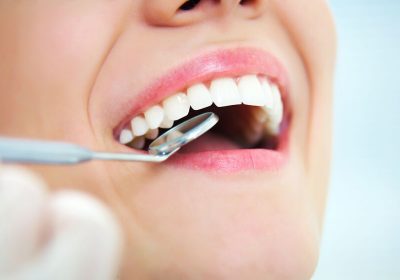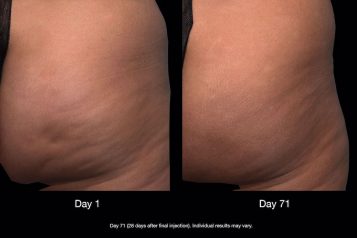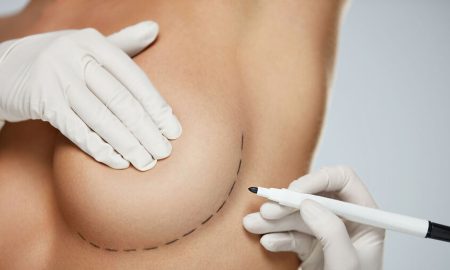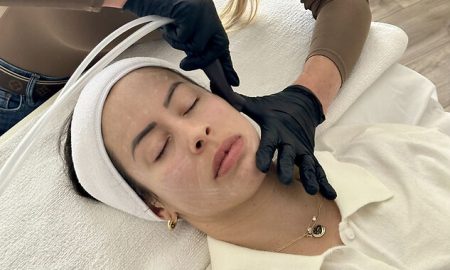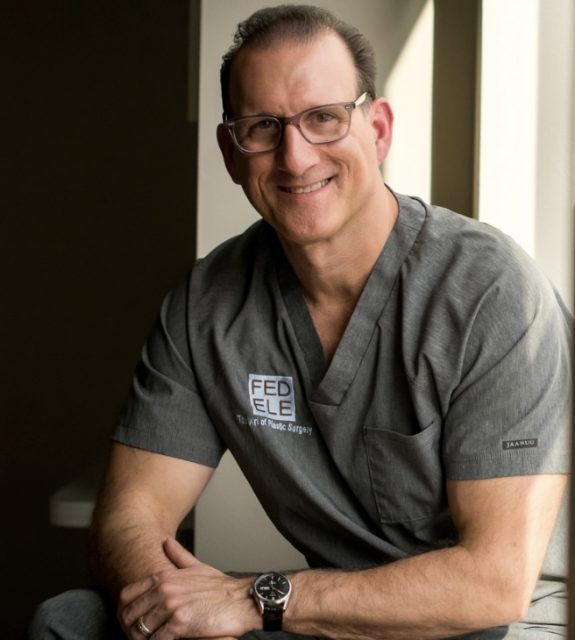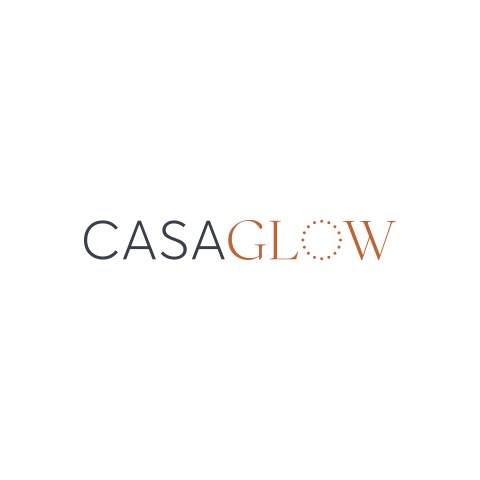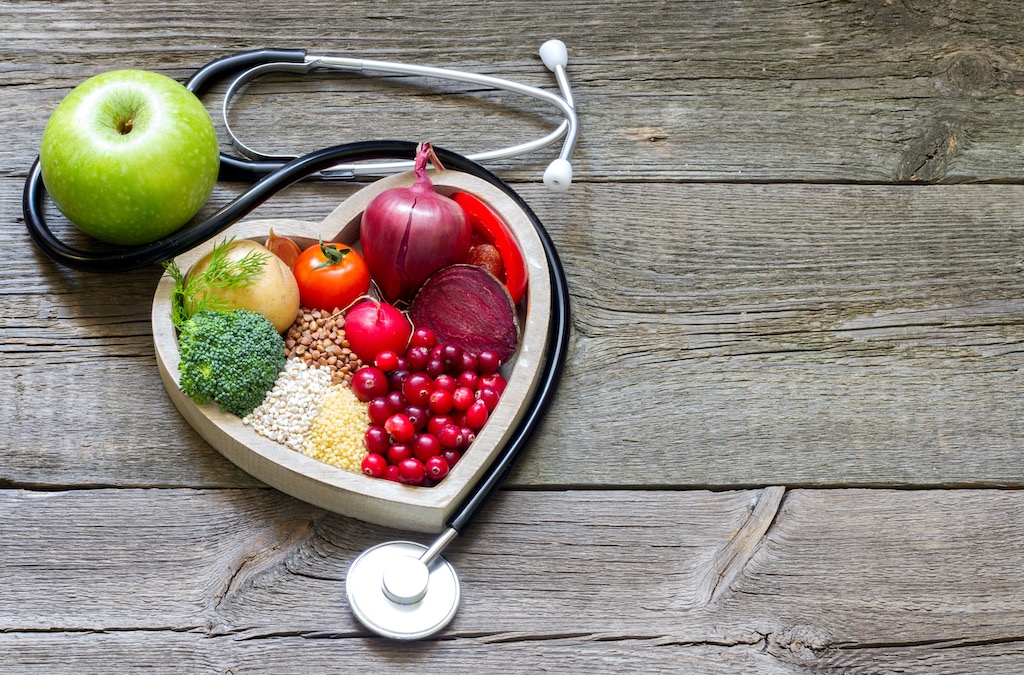
Dr. Richard Zienowicz | Body Expert | Boston/Providence
I recommend high protein low carb diets always as well as the addition of extra fiber (such as Metamucil) to help avoid further constipation caused by narcotic use in the early post-op period.
Dr. Viraj J. Mehta | Eyelid Surgery Expert, Oculoplastic | DMV
Healing after any surgery can be a process, sometimes with setbacks. To really optimize healing after eyelid or face surgery, I usually request that patients take it easy and simply give their bodies a chance to heal. It's important to stay well hydrated, so drink plenty of fluids. Supplementing with Vitamin C, usually 2 to 3 grams a day for 2 weeks, can help speed up healing. I also recommend limiting alcohol and excess salt for at least 2 weeks after surgery. Finally, don't forget to eat well-balanced healthy meals, with plenty of fruits and vegetables, so your body has all the nutrients it needs to heal properly.
Dr. Daisy Ayim | Body Expert | Houston
My recommendation to clients is to be mindful about nutrition post surgery such as avoiding high salt and sugar contents. I feel the above should already be part of your daily routine along with balancing all the food groups. Special diets do work well for weight loss but are not sustainable long term. So I generally advice my patients to maintain healthy consistent eating habits pre and post procedure. Avoid post procedure diet which comes with post rebound effect.
Dr. Ralph Garramone | Body Expert | Fort Myers
Dr. Garramone suggests most importantly, hydration… He recommends a high ph water 8+ or above. After most surgical procedures you will be on antibiotics, anti-nausea medications, and pain pills. Some medications after surgery disrupt the digestive tract and system. This disruption can cause added pain and discomfort. It is very important that we balance out the diet with healthy bacteria such as probiotics to help the body digest food and probiotics will also aid in reestablishing mental balance and clarity. Some great probiotic choices besides an oral supplement are kefir, yogurt, kimchi, miso, pickles, etc. When you have surgery you confuse the equilibrium of the good and bad bacteria that can lead to the annoying complications that are par for the course such as constipation and nausea. So, most importantly you want to stay hydrated and keep your probiotic foods at the forefront of your after procedure food regimen.
The next thing I recommend is protein and iron-rich foods; meat, poultry, seafood, and eggs are some of my top choices. The amino acids in meat help regenerate tissue and help in the production of collagen, which will enable faster and better healing. For the current 8 million Americans who don’t eat meat, there are still numerous sources of protein such as soy, tofu, oatmeal, rice, quinoa, beans, hummus, and of course any type of nut butter. I recommend almond, cashew, macadamia, or peanut. For optimal healing you will also need organic greens, it is nature’s multivitamin. Eating your organic greens such as spinach, kale, collard greens, turnip greens, and bok choy will give you a healthy dose of vitamin A, C, and E. Vitamin K is produced in plants and is great for its role in blood clotting which also aids in faster healing. Greens also give your body potassium, calcium, fiber, iron, and magnesium, so be sure and get your leafy greens in. This might sound absurd, but now comes the fats, after surgery it is a smart idea to take in healthy fats, this helps your body absorb vitamins from the other foods in your diet. Having healthy fats such as avocados, coconut oil, olive oil, nuts, and seeds will also provide you energy and vitamin E. Healthy fat can also strengthen your immune system, and help decrease the chance of infection. Let's not leave out our whole grains, such as barley, millet, risotto, wild rice, and even rye, sourdough, and wholewheat bread. This food group can help deliver zinc, iron, magnesium, and oxygen to the wound bed, and help repair tissue necessary for optimal healing.
Staying hydrated and maintaining proper balance after any surgical procedure will help speed along with your recovery. It is very important that for three months after surgery your limit and avoid alcohol, sugar, caffeine, and salt, these temptations for some are hard to resist but will deplete your body of all of the vital nutrients I listed above.
Dr. Oliver Chang | Brazilian Butt Lift Expert | Miami/Fort Lauderdale
Post-operative diets are somewhat specific to the procedure/area of the body that was performed - for example, post-liposuction, a low sodium diet with increased water consumption is needed immediately post-op to help with hydration as well as decreasing the swelling duration. After any body contouring procedure, getting on a more disciplined diet, whether it is calorie counting versus a specific type of diet (Paleo, Atkins), is much needed to further refine the results of the procedure. Exercise along with a balanced diet that fits the patient specifically is key - as this lifestyle change can help preserve their surgical result or maybe even better fine-tune the results furthermore. As for my recommendation, a well-balanced diet that includes your daily nutritional needs, broken up into 4-6 small frequent meals per day, that is easily able to be followed and carried out - is the best diet plan for each specific individual along with an exercise plan.
Dr. Rian A. Maercks | Breast Expert | Miami/Fort Lauderdale
My main advice is to eat clean, eat foods with high fiber, and stay hydrated. It is really important to avoid constipation. You can do this by monitoring your diet by increasing fluid intake, eating leafy greens that are high in magnesium, eating whole grains (high in fiber), and fruits high in vitamin C which helps draw water into the colon.
Dr. Kiran Gill | Body Expert | Naples
I always encourage patients to continue a healthy diet after surgery- this includes staying hydrated, keeping up on your protein, and minimizing salt intake.
Dr. Jason Bloom | Face Expert | Pennsylvania
While I don’t have any specific dietary requirements for my patients, I do recommend a nutritional supplement called MEND for my bigger cases like facial rejuvenation surgery. It is a nutritional supplement powder that they can make as a shake. They start it about 1 week prior to surgery and continue it after surgery for a few weeks. Some of the key ingredients are BCAAs, vitamin C, arnica, bromelain, collagen, etc.
I helped the company develop it with another facial plastic surgeon friend of mine in Toronto, CA, and now sit on their medical advisory board. The nutritional supplement has everything in it that is important for wound and tissue healing and I have anecdotally seen great results! While we have some significant clinical trials with other MEND products already published and advancing, we are going to start a study to look at the true scientific benefits of the Cosmetic product. We have seen really nice results with MEND and patients recoveries and are hearing the same from hospitals and other surgeons who have deployed.
I feel that it is a small thing that patients can add to make their recovery as seamless and fast as possible!






